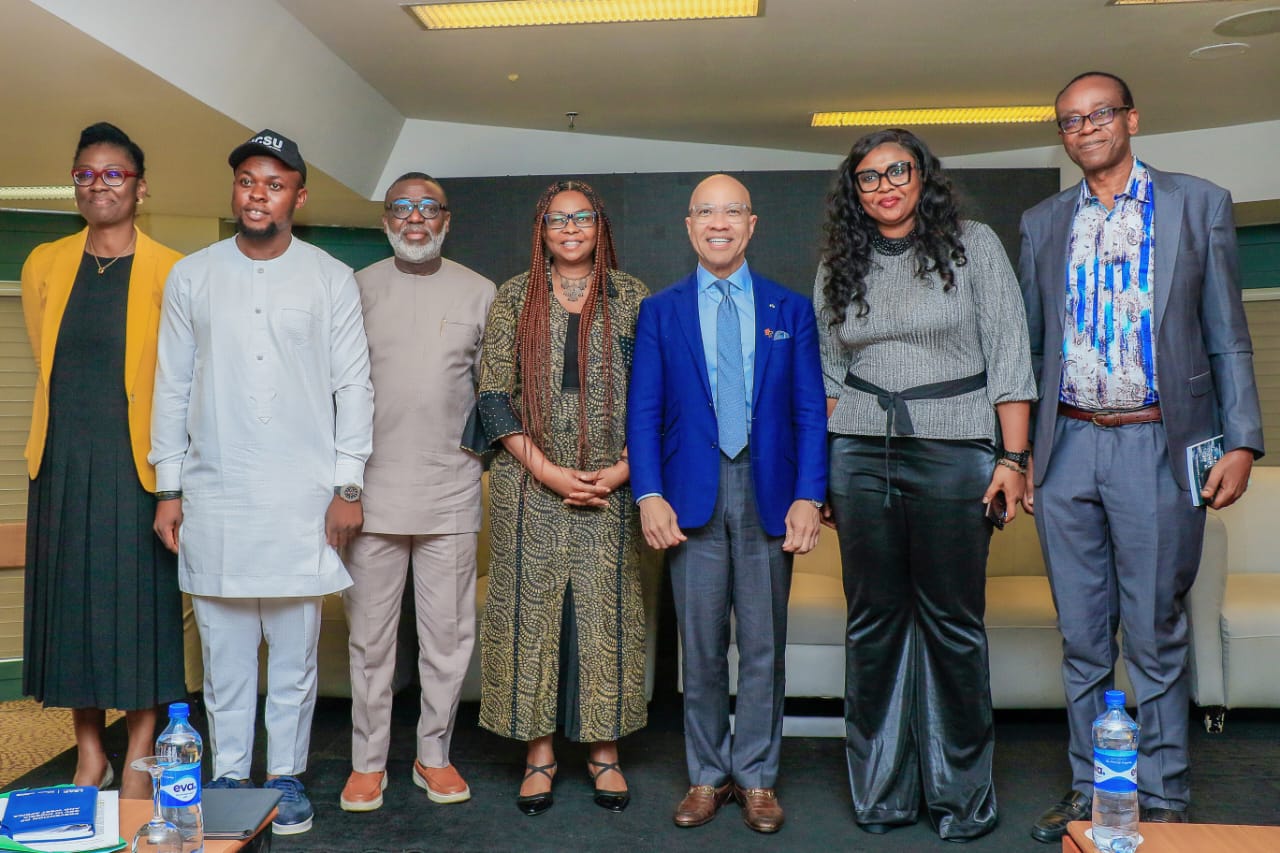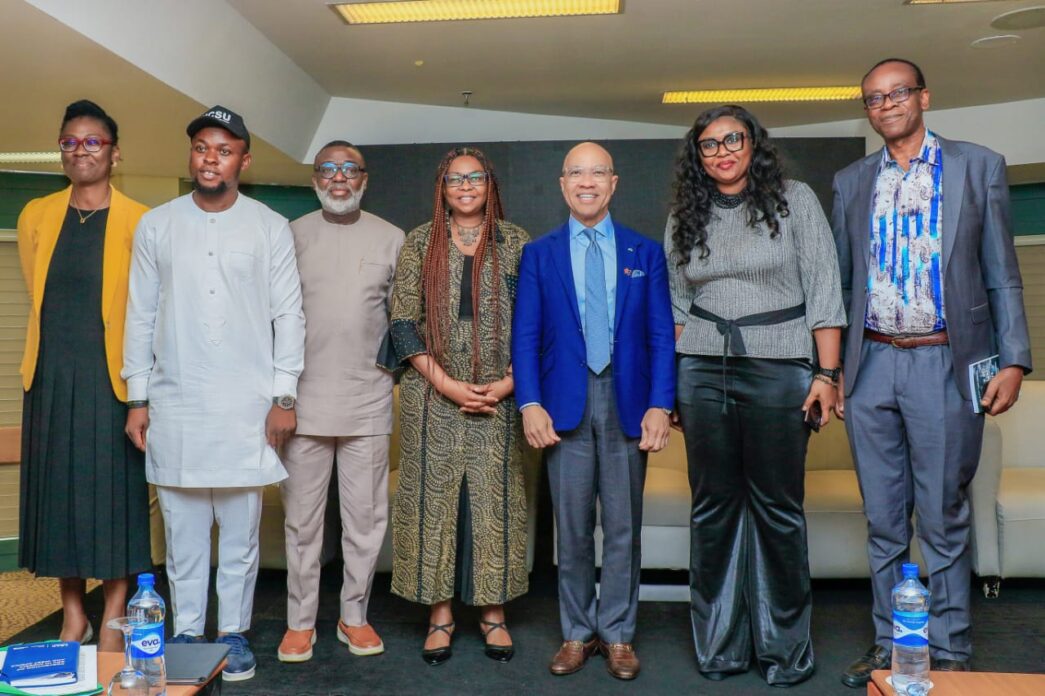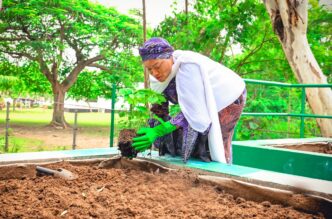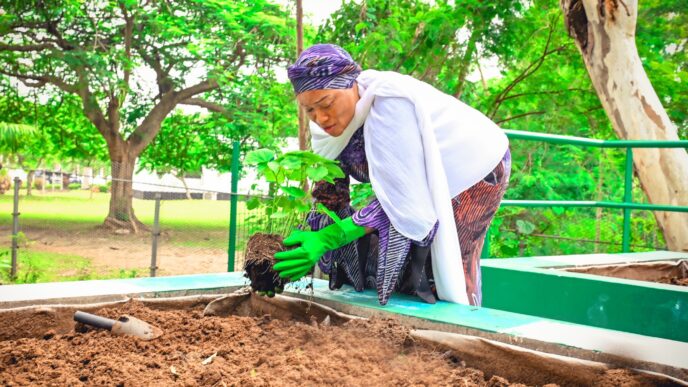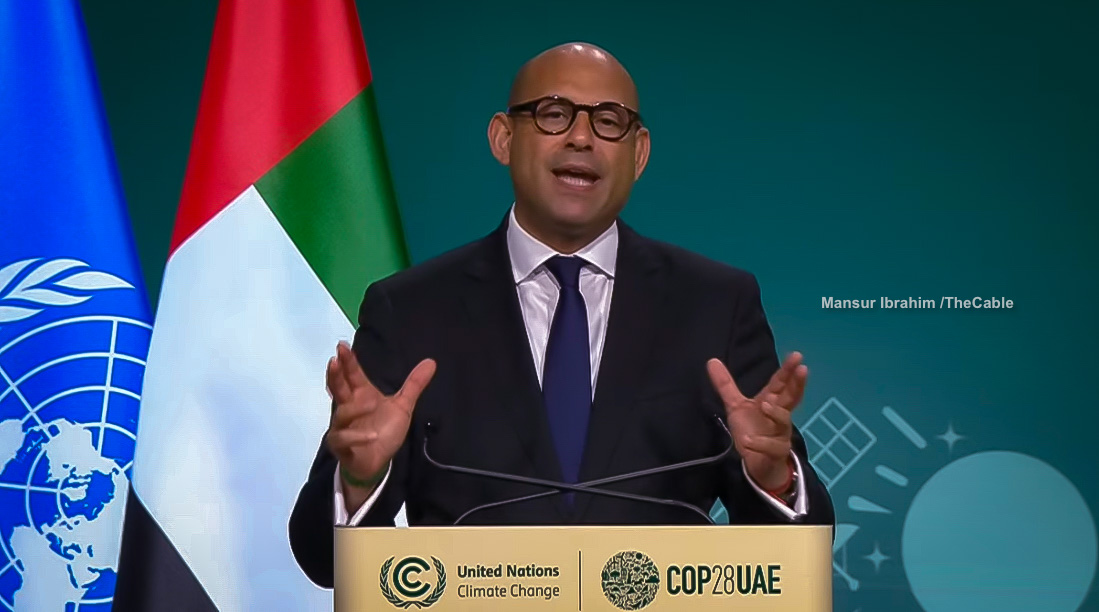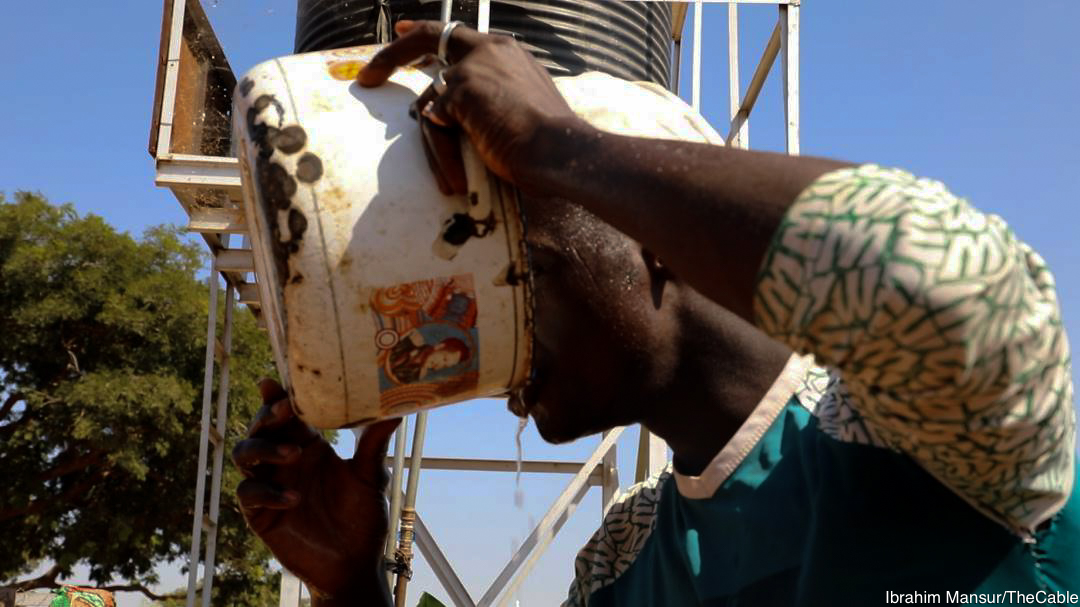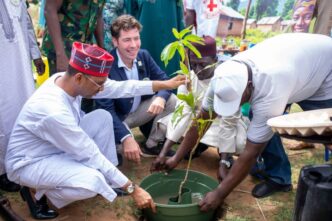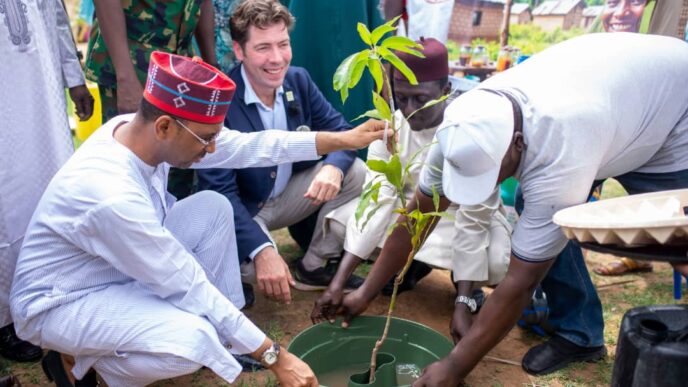Darren Walker President of Ford Foundation (5th left); Dr ChiChi Aniagolu-Okoye, Regional Director of Ford Foundation, West Africa (4th left) and other panelists after a recent Ford-supported Energy Transition session in Abuja
Experts in the energy sector have called for the inclusion of local communities in Nigeria’s energy transition process.
The Africa Policy Research Institute, the Shehu Musa Yar’Adua Foundation, Health of Mother Earth Foundation (HOMEF), and Centre for Social Studies and Development Agenda made the call on Friday at a Ford Foundation- supported energy dialogue in Abuja.
They condemned the environmental degradation and socio-economic disparities in the Niger Delta region.
They lamented the environmental damage from decades of oil exploration, which have led to destruction of farmlands, pollution of water bodies, and poor air quality — affecting the health and livelihoods of local communities.
Advertisement
The stakeholders said Nigeria must broaden its energy transition plan (ETP) to accommodate affected communities and civil society organisations.
This, they said, would prevent the country from repeatedly bearing the brunt of climate change and suffering from energy poverty.
Nnimmo Bassey, HOMEF executive director, said the government must hold companies carrying out exploration and mining activities accountable for the damage caused to communities.
Advertisement
“It is imperative that we address the root cause of the crisis of the oil and gas sector in our environment. Energy companies and governments must take accountability for their explorative activities and its consequences,” he said.
“There is a need for clear conversations between the government, energy companies, and members of the community that spells out the role of every stakeholder and who can be held accountable for negative consequences.”
Darren Walker, president of Ford Foundation, called on communities to challenge political leaders and their policies in the energy sector.
“It is time to speak up to the elites at global levels – COP, G7, G20, and say ‘You want us to accelerate clean energy and a green economy in our countries when you have helped create the problem we are now confronted with — what is your accountability and responsibility to this growing situation?'” Walker said.
Advertisement
Joseph Onoja, director-general of the Nigerian Conservation Foundation (NCF), said there is a need for the government to tackle the injustice and non-inclusion of locals in the renewable energy process.
“We must take a critical look at the sourcing of energy minerals primarily from biodiversity-rich areas which are destroyed to harness its mineral forms, leaving the locals of the area without the essential environmental requirements,” Onoja said.
“In discussing justice in our new energy transition process, we must approach it holistically, and look at the end from the beginning so we don’t plunge ourselves from one injustice scenario into another.”
Advertisement
Add a comment
